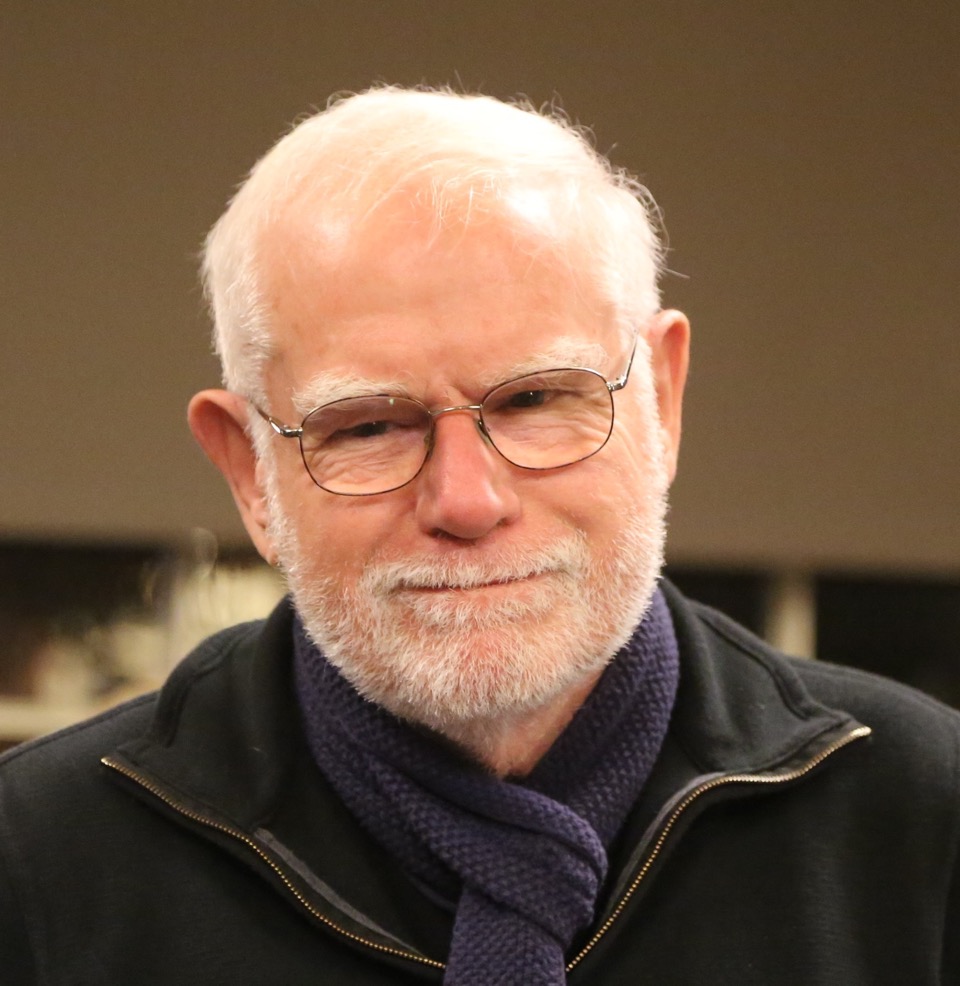
Lynn Rothschild
PROVIDENCE, R.I. [Brown University] — Jim Head, Louis and Elizabeth Scherck Distinguished Professor in Brown’s Department of Earth, Environmental and Planetary Sciences, has been elected a foreign member of the Russian Academy of Sciences. Among the 63 members elected this year were six Nobel Laureates, including former U.S. Secretary of State Henry Kissinger.
Head was honored for his decades of contributions to planetary science and space exploration, as well has his collaboration with Russian and Soviet space researchers.
“My first trip to Moscow was in 1973, and it has been a great pleasure to visit my Russian colleagues at least once a year since that time, to host them at Brown and to interact with them personally and professionally,” Head said. “It has been very productive to involve Brown undergraduate and graduate students in every step of the way.”
Head earned his Ph.D. from Brown in 1969. That same year, he began working with NASA on the Apollo program, helping to select lunar landing sites and training astronauts in the geology of the Moon. He worked in Mission Control in Houston as the landings unfolded and studied the returned lunar samples. Since then, he has participated in numerous NASA projects, including the MESSENGER mission to Mercury, the Lunar Reconnaissance Orbiter mission and the recent GRAIL mission to the Moon. He has published numerous book chapters and hundreds of academic papers, which have been cited nearly 46,000 times. The list of Head’s graduate students includes Jim Garvin and Ellen Stofan, the last two chief scientists at NASA. Stofan currently holds the post.
Amid Cold War tensions in the 1970s, Head spearheaded a scientific partnership between Brown and the Soviet V.I. Vernadsky Institute of Geochemistry and Cosmochemistry, and the Institute for Space Research (IKI). The partnerships enabled American and Soviet scientists to share data collected from each nation’s planetary exploration missions. Head was a guest investigator on three Soviet missions to Venus as well as Russian missions to the Martian moon Phobos.
The agreements with the Vernadsky Institute and IKI also established yearly symposia with Russian and American scientists that continue today. The 58th Brown-Vernadsky Microsymposium will be held in Houston in March 2017.
“I am sure that our joint efforts will further the fruitful cooperation between our countries,” said Vladimir Fortov, president of the Russian Academy of Science, in a note informing Head of the honor.
“That’s my hope too,” Head said.